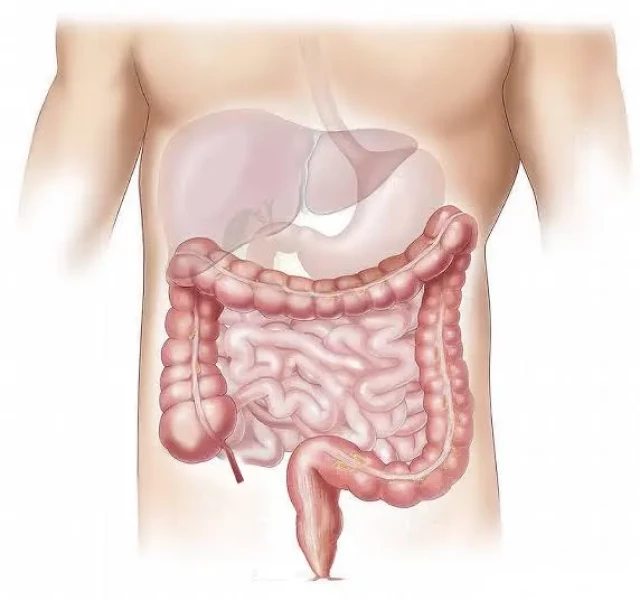New research has uncovered how chronic stress disrupts the balance of gut microbiota to speed up the progression of colorectal cancer (CRC), opening new avenues for CRC prevention and treatment.
Results of the study was presented at the United Europian Gastroenterology (UEG) Week 2024, which is taking place in Vienna, Austria between October 12 to 15.
By eliminating certain gut bacteria and inducing stress, researchers were able to conclude a relationship between stress and gut microbiota in the progression of CRC, identifying a particular bacterial species as a potential therapeutic target.
CRC is a significant health concern across Europe and is the second most prevalent cancer and second leading cause of cancer-related death. Its incidence is predicted to rise significantly in the next decade, due to an ageing population, unhealthy diets, physical inactivity and obesity.
Lead researcher Dr. Qing Li explained, “In our study, we used an antibiotic cocktail (vancomycin, ampicillin, neomycin, and metronidazole) to eradicate gut microbiota, followed by fecal microbiota transplantation to investigate whether gut microbiota was necessary for chronic stress to accelerate CRC progression.”




















